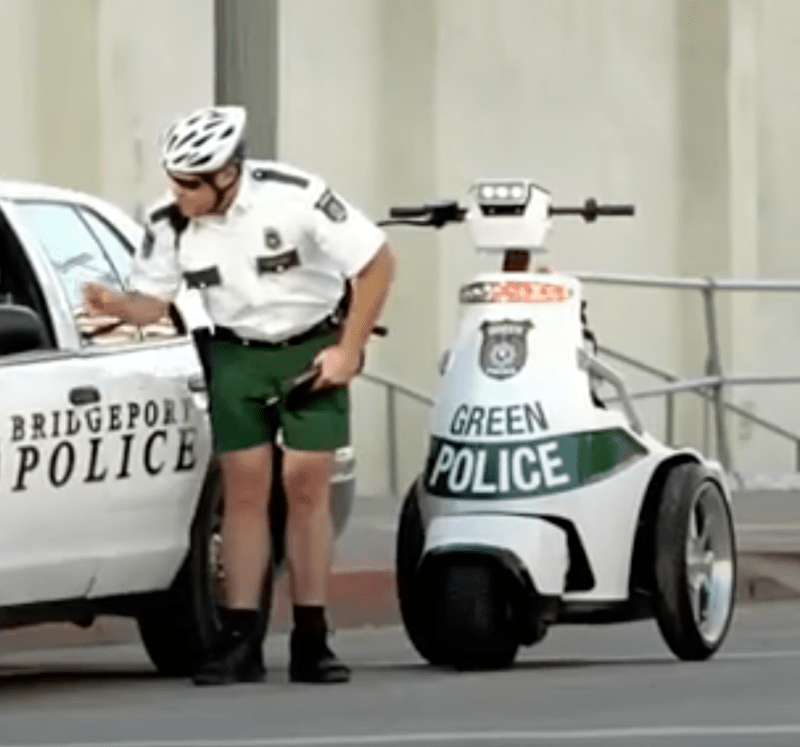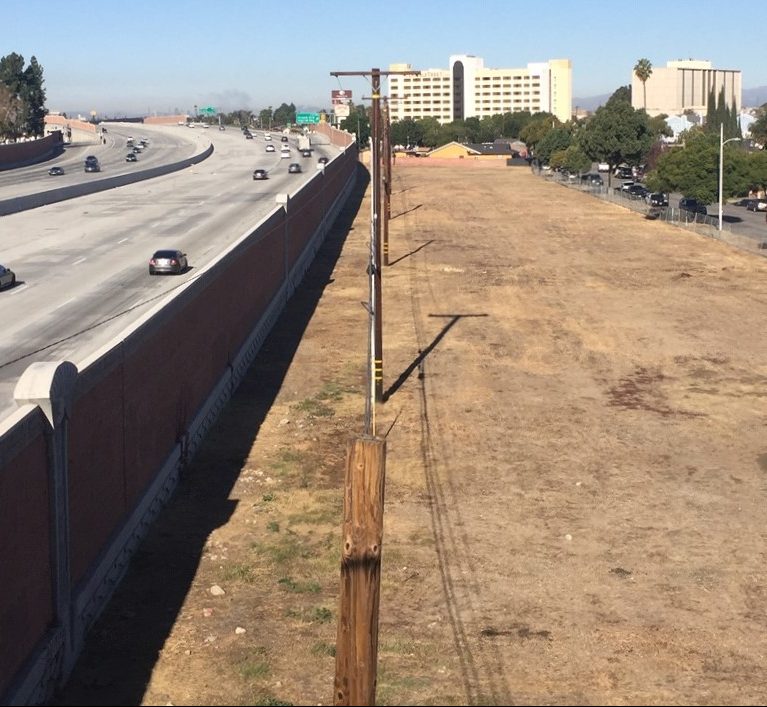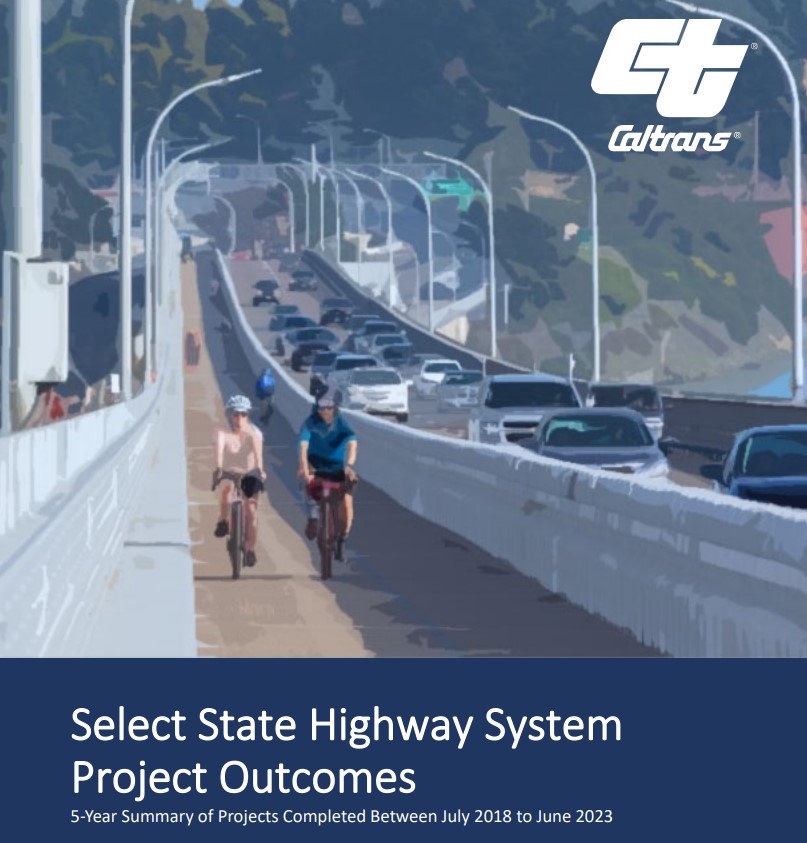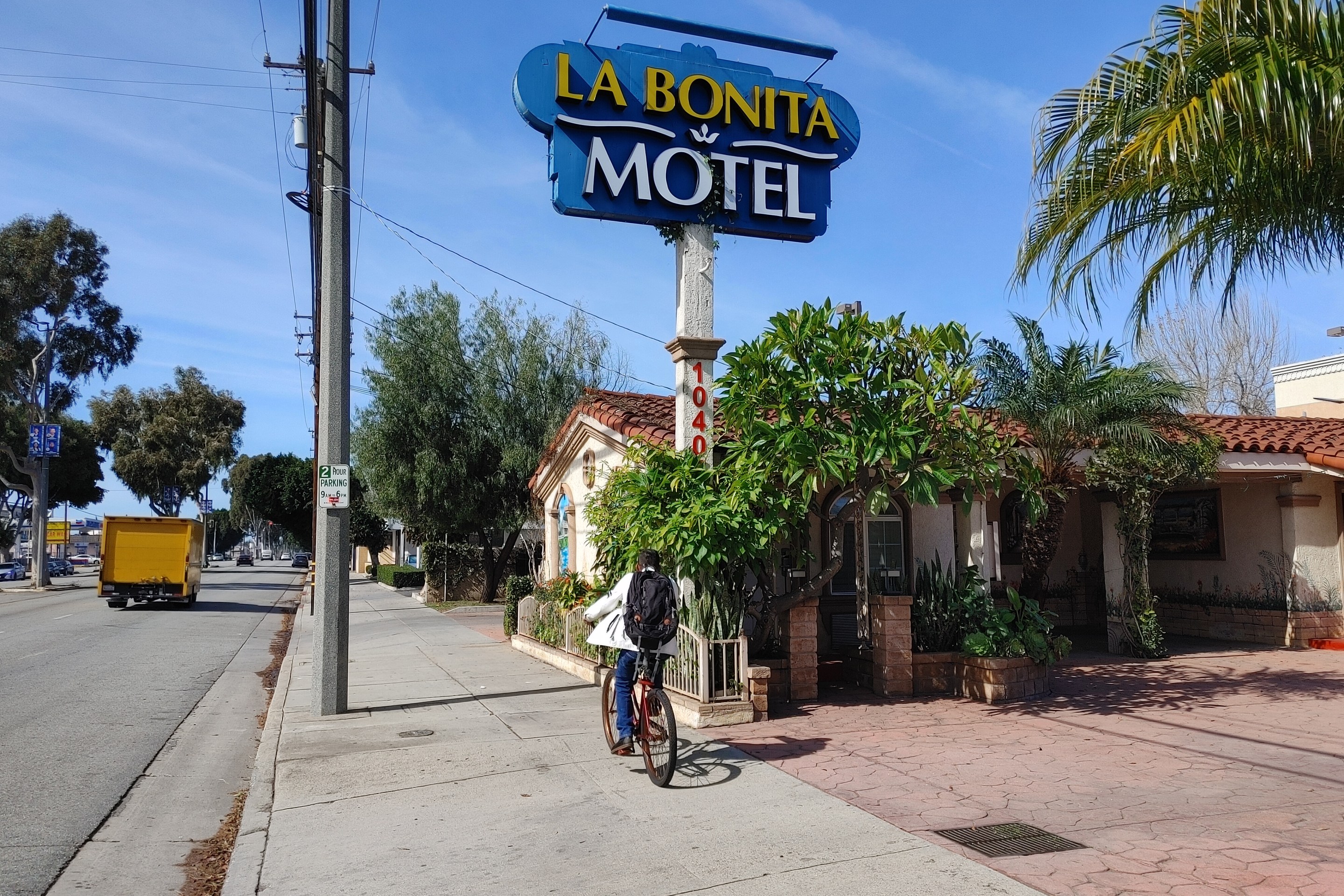This is the fourth bout in our competition to find America's Most Toxic Car Ad. Don't forget to scroll to the bottom of this post to vote by the end of the day Wednesday. Also, check out the results in our previous contest (two deeply sexist ads for the same Chevy truck), our Dodge Demon vs. Dodge Hellcat/Viper contest and the inevitable Hummer showdown.
We can't talk about toxic car ads without talking about all the ways that cars literally toxify our communities — and yes, that includes some of the relatively "greener" models, too.
That's why today, we're digging into two commercials that make their drivers feel good about polluting just a tiny bit less than their neighbor, while conveniently forgetting to mention all the other ways that their vehicles are still poisoning their environment, even if they don't have a tailpipe. (Though in this case, both of them do.)
The Mazda CX-5
We had to watch a whole lot of SUVs speeding through inexplicably vacant downtown areas as we combed through the submissions for this contest...but there's something about seeing the same car zip through a road paved straight through a Truffula tree forest that hits a little different.
This 2013 Mazda ad was one of the most-submitted entries to this competition, and back when it was first released in tandem with the animated movie edition of The Lorax, (whose sunny CGI is featured throughout this commercial), it was definitely one of the most blogged-about commercials around.
Then-Streetsblog NYC editor (now Transit Center Comms Director) Ben Fried wrote this memorable summary, for those who can't stomach watching Dr. Seuss's environmental classic being hacked up into an ad for a megacar, like so many Truffulas put through the woodchipper to satisfy the consumer public's bottomless appetite for Thneeds:
"A cobalt blue Mazda CX-5 crossover SUV (26 mpg city/35 highway) coasts along a remarkably roadkill-free asphalt strip through a bucolic landscape of fluffy Truffula trees. Against an audio backdrop of chirping birds, lightly strummed strings, wistful whistling, and angelic harmonies, a narrator asks: 'Who delivers outstanding fuel efficiency without compromising the joy of driving?'
Not pictured in the ad: The Truffula tree forest that was clear-cut to make way for the four-lane highway the Once-ler built to sell more Thneeds. (Today Mazda CX-5 owners use that highway to get to their outrageously wasteful, greenhouse gas-spewing subdivisions.)
[Also] absent from Universal’s cross-promotions: The hard-to-commodify solutions like walkable neighborhoods, bicycle-safe streets, and transit-oriented development that we’re going to need in order to avert catastrophic climate change."
But is this bastardization of one of our most beloved childhood fables worse than...whatever in the fresh hell this is?
The 'Clean Diesel' Audi A3
While Mazda hoped to make drivers feel a bit less guilty about driving a car whose highway MPG is roughly a tenth of the miles-per-gallon equivalent of a walker's measurable energy efficiency, Audi's approach to greenwashing was a little different. Instead, the German automaker sold its marginally-less-dirty car as an easy way to get the pesky, scolding "green police" off your back, without having to do something hard to help the environment, like ride a bike or take a bus (as another infamous Audi ad openly mocked.)
Worse, the German automaker chose to make its point with a super-triggering super-cut of literal police conducting brutal raids, arrests, paramilitary surveillance, and other human rights abuses that echo the countless incidents of police murder, brutality and harassment that BIPOC have been subjected to in U.S. communities literally since the dawn of the institution. (Audi probably had an inkling of what collective traumas this imagery might evoke, because all the actors cast as the victims of this abuse are white-presenting ... but it still ran the ad, and during the Super Bowl, to boot.)
And all of that is before we even talk about the fact that the police force that patrolled Germany's streets during the Nazi regime were actually nicknamed the "Green Police," because of the color of their uniforms.
Here's how Streetsblog LA editor Damien Newton saw it way back when:
Picture a future where a smiling multi-racial police force, who apparently answers to nobody, moves unchecked through society arresting and detaining people for offenses to the environment. Use plastic bags at the grocers? You’re arrested, frisked, and handcuffed before being frog marched from the store. Set your hot tub at too high a temperature? You’re chased, mostly naked, through your backyard by a hoard of police officers. Sound like a nightmare scenario dreamed up by a conservative talk radio host? Nope, it’s just another greenwashing attempt from the same car company that mocks cyclists, bus riders, pedestrians and people who drive cars run on vegetable oil.
The Audi A3 was one of the many, many so-called Clean Diesel cars that were cited by the Environmental Protection Agency for overstating their emissions-cutting potential, to the point where the company was forced to offer consumers a buy-back option, and this ad did face its share of backlash, too. But at least a few cringe-y think pieces at the time still praised it as a triumph for green transportation.
It's time to vote: which bad ad deserves a spot in the quarterfinals?
Polls will remain open until 11:59 p.m. ET on Wednesday, Sept. 22.
[poll id="191"]





